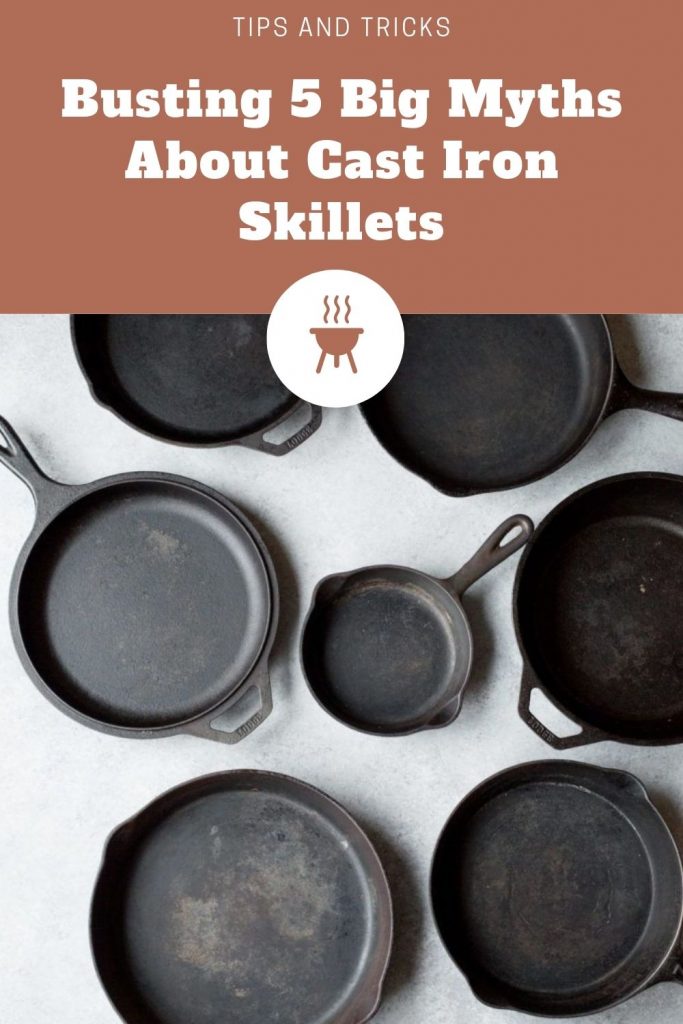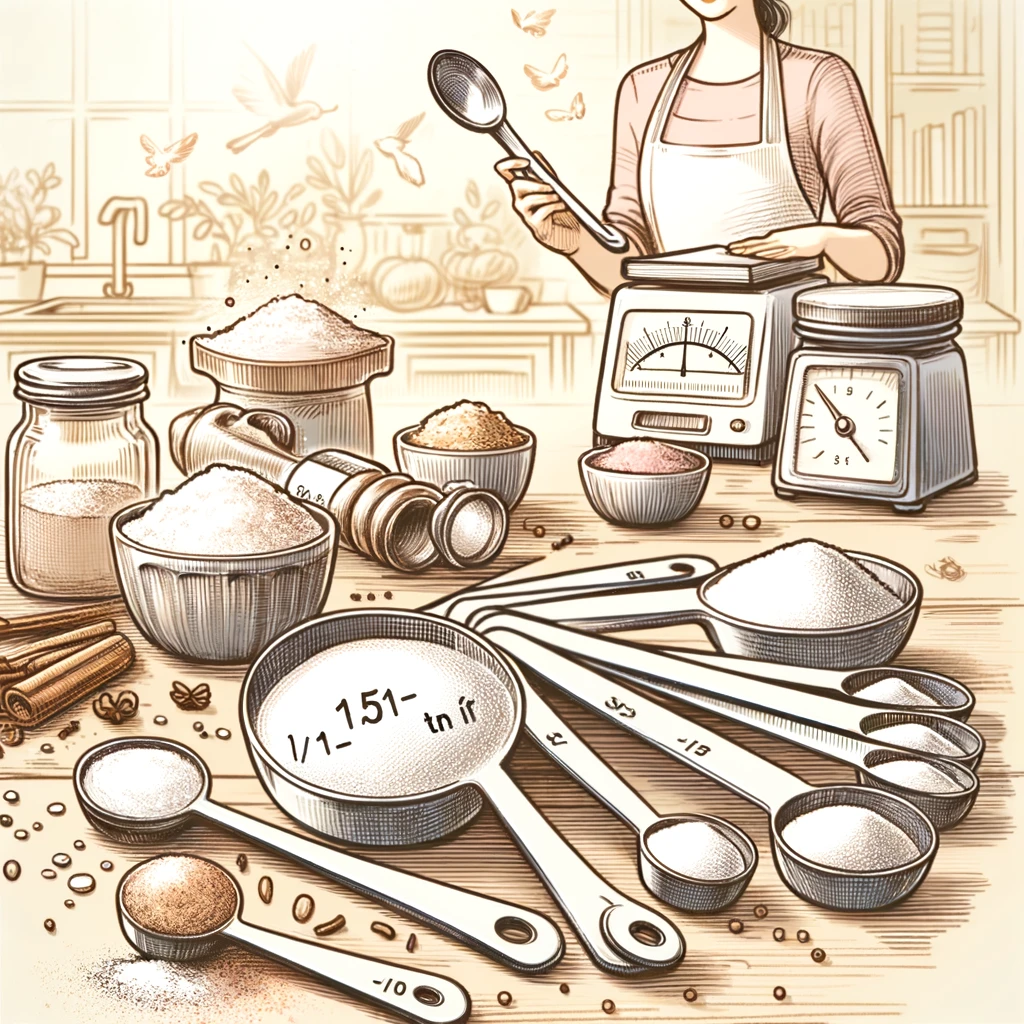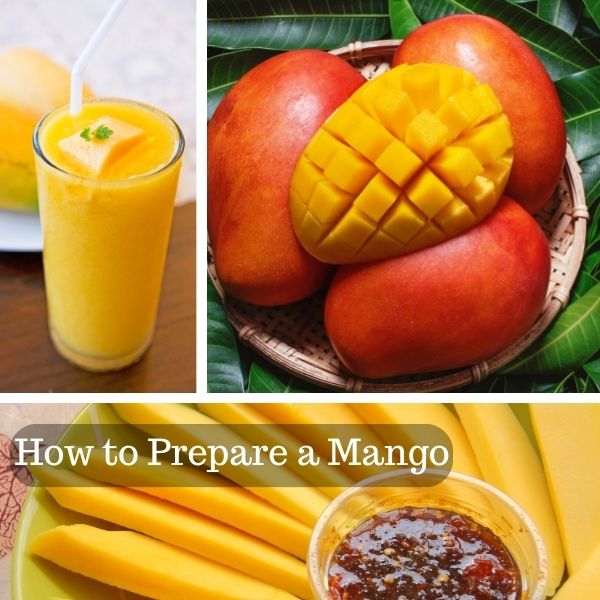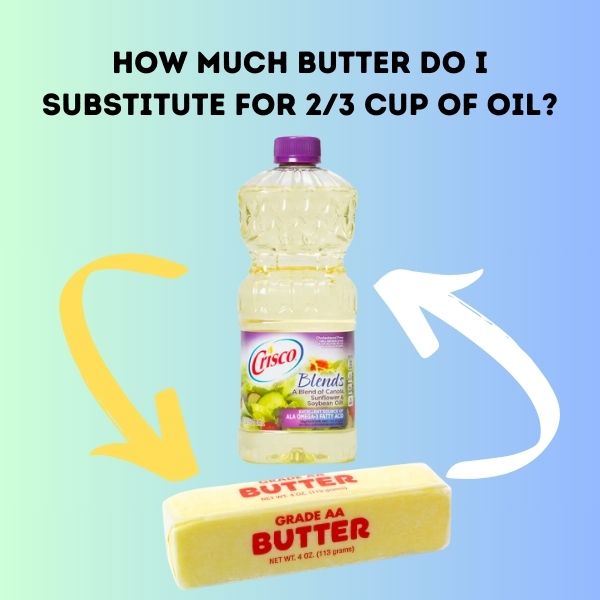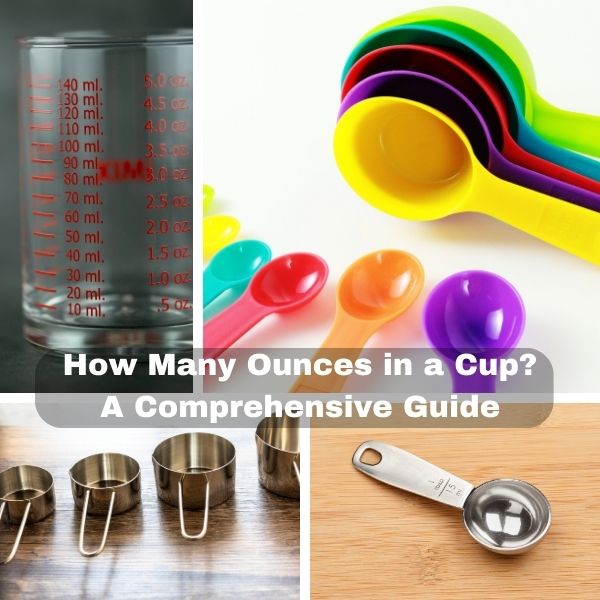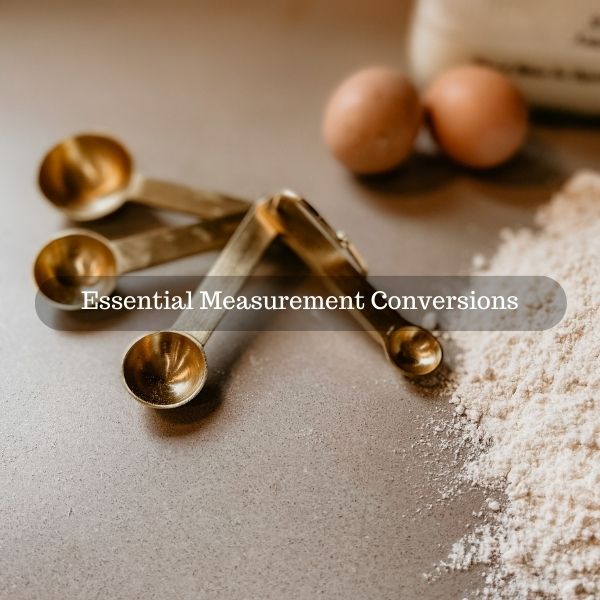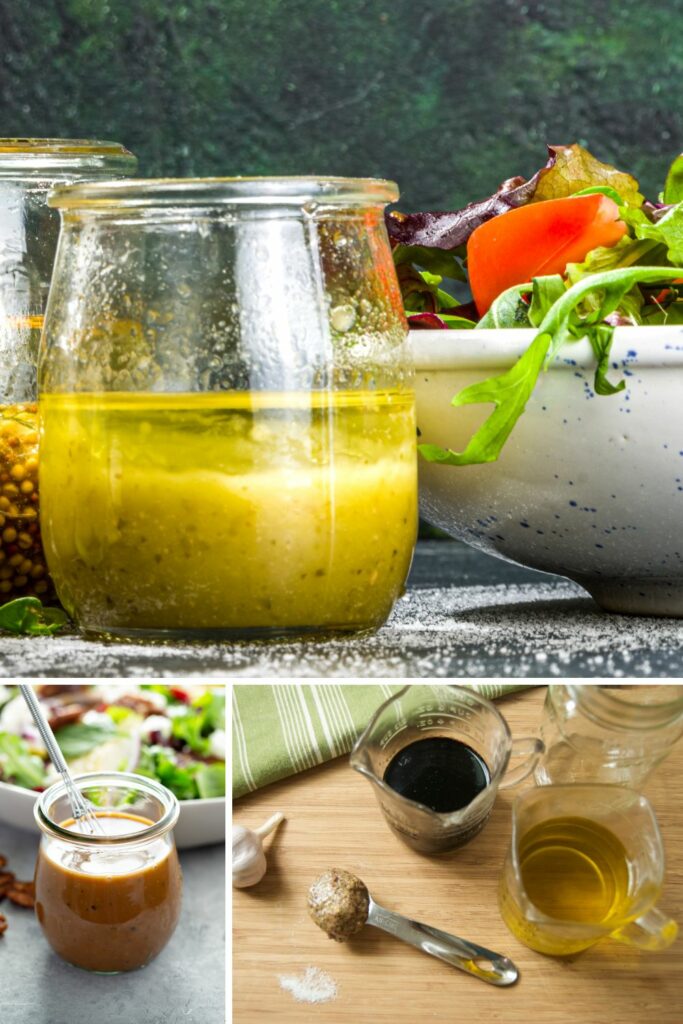1. Using Soap Ruins the Cast Iron
Lots of opinions on this one but the official word from Lodge’s Public Relations and Advertising Manager, Mark Kelly, says soap will NOT hurt cast iron. If you have to use soap, use a mild brand, clean the cast iron, dry it and apply a light coating of oil. After I wash my cast iron, I put it back on the burner and let it sit for several minutes until I don’t see any moisture. Then I season it with a light coating of vegetable oil and let it cool. Once it’s cool, I put it way until I’m ready to use it again.
2. Don’t Use Metal Utensils on Cast Iron
Cast iron is pretty strong so feel free to use metal, wooden, or any other type of utensil you like. If you’re afraid that you’ll accidentally gouge out a chunk of iron, or even scratch it, not to worry. Odds are that you’ll scrape into the nice seasoning that developed and that will refill over time.
3. Cooking Acidic Foods will Damage Cast Iron
I wonder if the American pioneers had cast iron for certain types of foods and non-cast iron for acidic types of foods? In all seriousness, I can see why this might be a concern because in school, we’re taught that acid is bad for iron, but when used over time, cast iron develops a seasoning that acts as a nice protective coating. The only word of caution from Mark Kelly is that if you have a brand new pan, you might want to wait until the seasoning has really built up before adding acidic foods to ensure the iron is well protected.
4. Rust Ruins Cast Iron
I love it when people have rusted cast iron and they get rid of it in classified ads or send them to the second hand store because that’s how I’ve picked up a majority of my cast iron. (Oops, I just let you in on my money saving secret.) If there’s a light layer of rust, start with a nylon pad and soap to see if it’ll come off. If it does, clean out the residue and then re-season the pan. If the rust is really stubborn, it’s time to graduate to something like steel wool, dish soap and elbow grease. That will usually do the trick. The one word of caution is not to use any store bought rust remover. That stuff is toxic and isn’t meant to be used on cast iron that you’ll be using for cooking. (Speaking of rust removal, I think it’s time to work on the Dutch oven my mother-in-law gave us.)
5. You Get Nutrients from Cast Iron
The jury is still out on this one because there’s really no way to measure the amount of iron that transfers from the skillet, to the food, to you. Since most people don’t use cast iron daily, the amount of iron you’d get would be so minimal. Besides, if you have a well seasoned skillet, you’d get more from the seasoning than you would from the pan.
Cast iron is a great cooking tool to get the perfect sear on steaks, pork chops or chicken.
